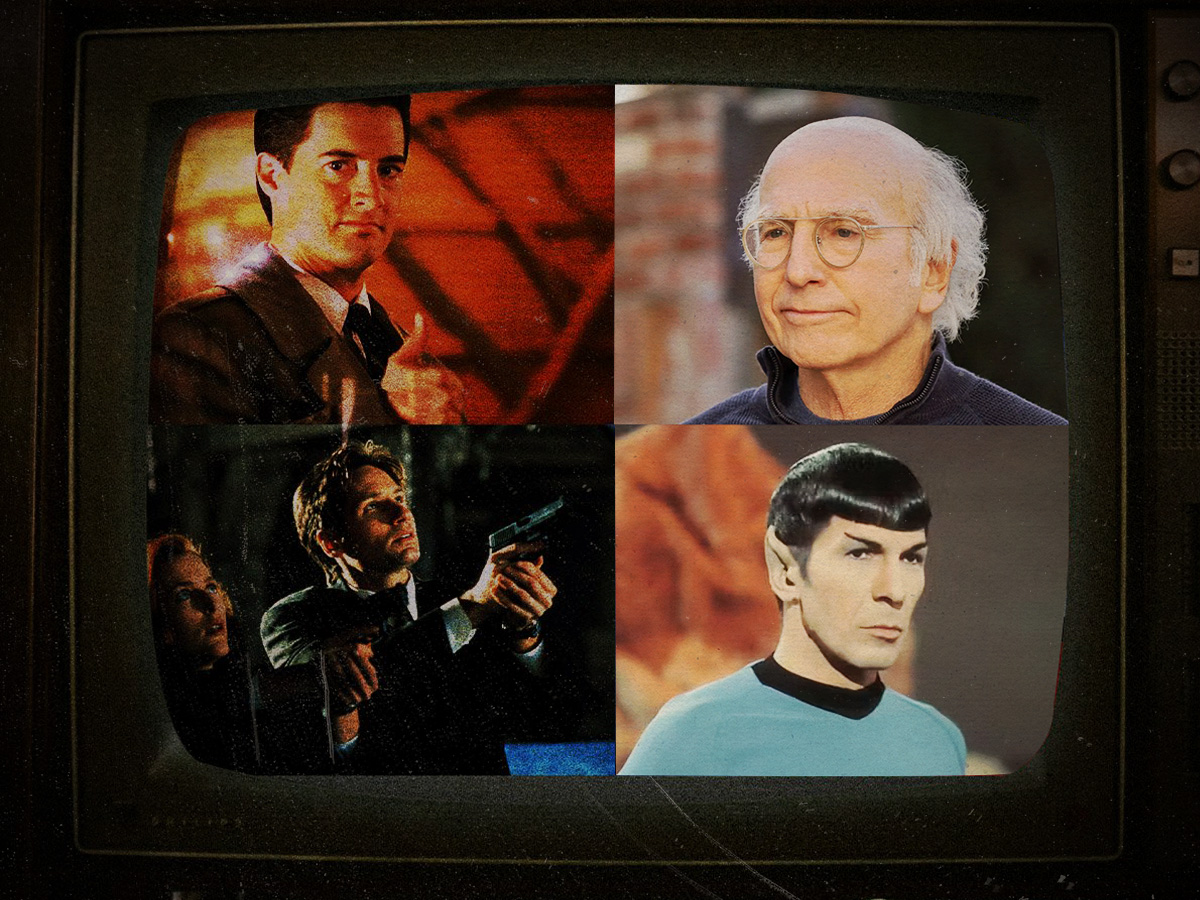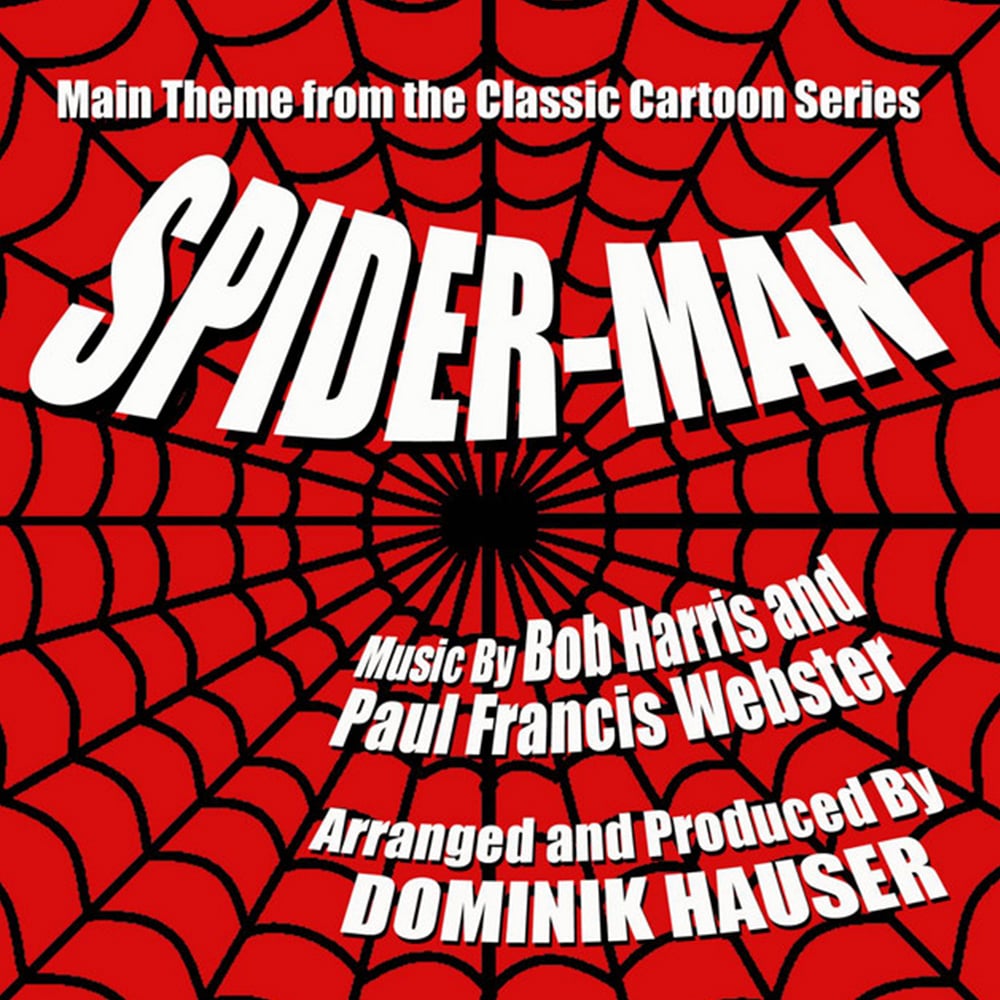
Before cinema was bludgeoned within an inch of its life with the exhausting Universe franchise, Marvel superheroes were largely remembered outside the comics world as protagonists in the growing Saturday morning cartoon block. Depending on your age, it may have been Fox’s 1990s action depiction of the whole gang that kicked off with X-Men: The Animated Series—itself featuring an electric theme with that wild guitar solo—or, you’ll be harkening back to 1966’s The Marvel Super Heroes.
Most enduring from the Grantray-Lawrence Animation studio was the following year’s Spider-Man for ABC. It’s famous theme penned by Paul Francis Webster and Bob Harris, and boasting 12 backing singers from the Canadian Broadcasting Corporation, ‘Spider-Man’s action-packed orchestral swing around immortal lines like “Spins a web, any size / Catches thieves just like flies!” has cemented itself with such affection in the Marvel world it’s still considered the friendly-neighbourhood superhero’s de facto anthem.
Ramones were fans too, recording a punk rock version for the Saturday Morning: Cartoons’ Greatest Hits compilation album, and included as a secret track on 1995’s ¡Adios Amigos!.
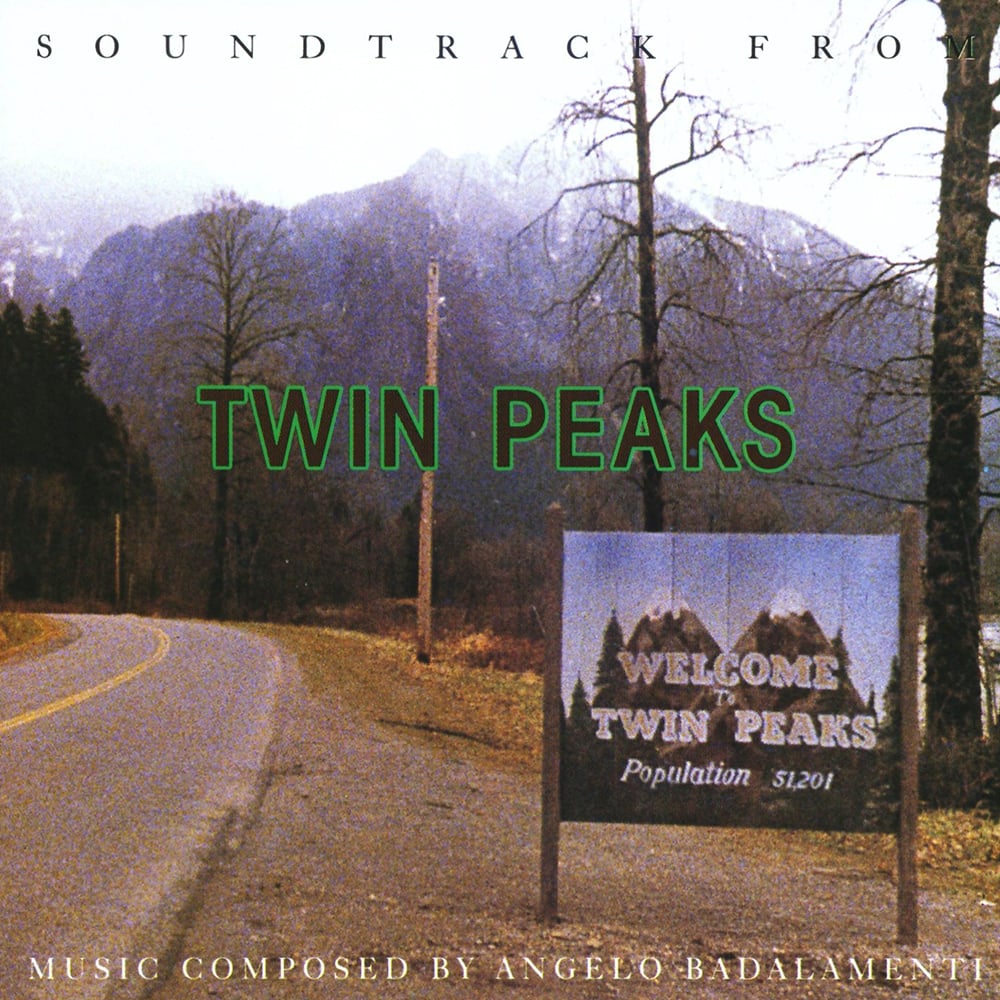
You can find entries in Hollywood master surrealist David Lynch’s oeuvre that are more frightening, heartfelt, or cryptic, but none are as exemplary of his skewed relationship with Americana as so magically realised as ABC’s Twin Peaks.
First landing in 1990, Lynch’s supernatural murder mystery and its psychic effect on the small town’s hyper-real population gripped the world, eager to know just who killed Homecoming Queen Laura Palmer. Both subverting and honouring soap melodrama, Lynch imbues his love for the uncanny weirdness of the kitsch and the latent netherworlds that palpitate underneath the veneer of mundanity.
Such pop mysticism glowed all over its iconic score. Lifted from their collaboration with Julee Cruise on 1989’s ‘Falling’, Lynch and Angelo Badalamenti’s instrumental rework would stand as Twin Peaks’ essential heartbeat, a sombre ripple of twanging guitar and synth strings that pulls the listener into the namesake town’s beguiling energy with hypnotic allure.
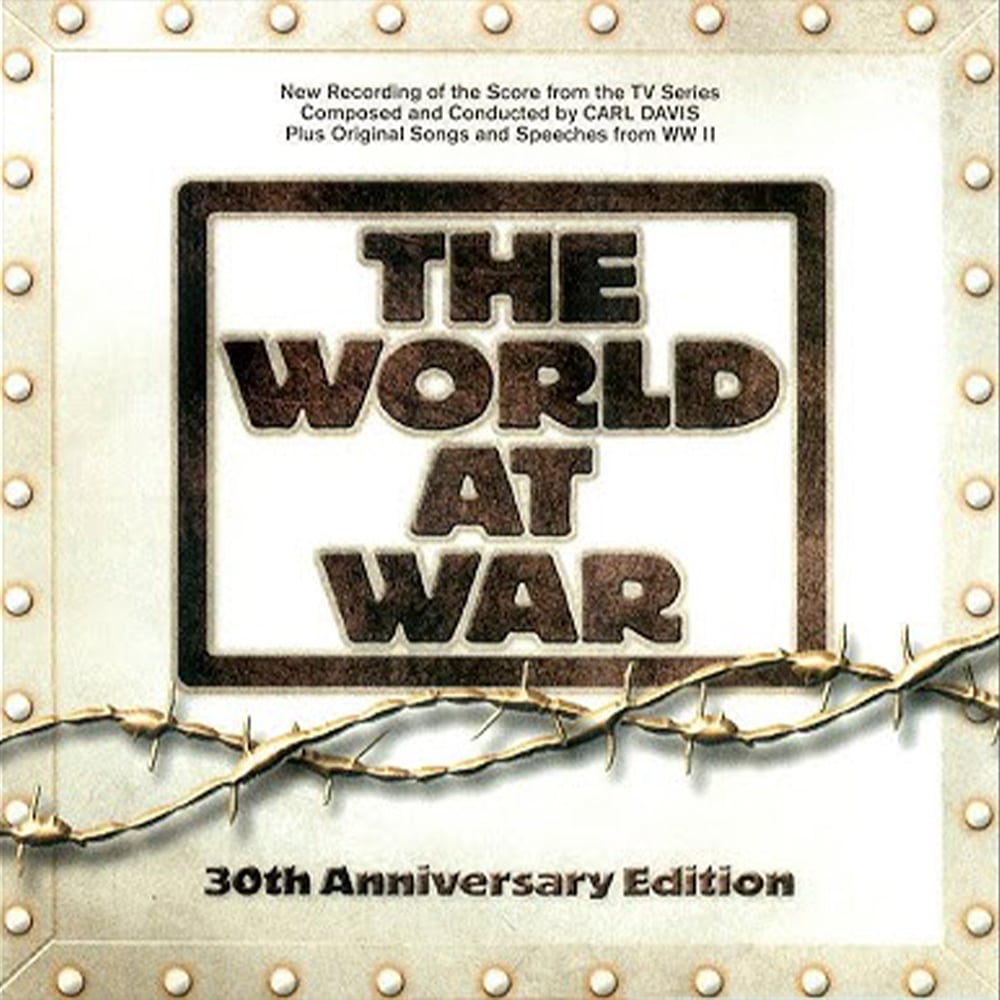
Still the TV benchmark for Second World War documentary, Thames Television’s The World at War presented an authoritative and comprehensive examination of history’s bloodiest conflict, interviewing scores of subjects on both the Allied and Axis sides.
First broadcast on ITV in 1973, producer Jeremy Isaacs oversaw the most expensive factual programme ever seen to date, and managed to recruit stage thespian and Shakespearean heavyweight Laurence Olivier for the series’ commanding narration.
Most chillingly remembered aside from its subject matter was the haunting score from American-English composer Carl Davis. Striking the opening titles with its fire of destruction behind the graphics, Davis’ orchestral blast seizes the senses with a firm gravitas of the Second World War’s moral ruin, sounding off like a warning of history over merely a TV theme tune.
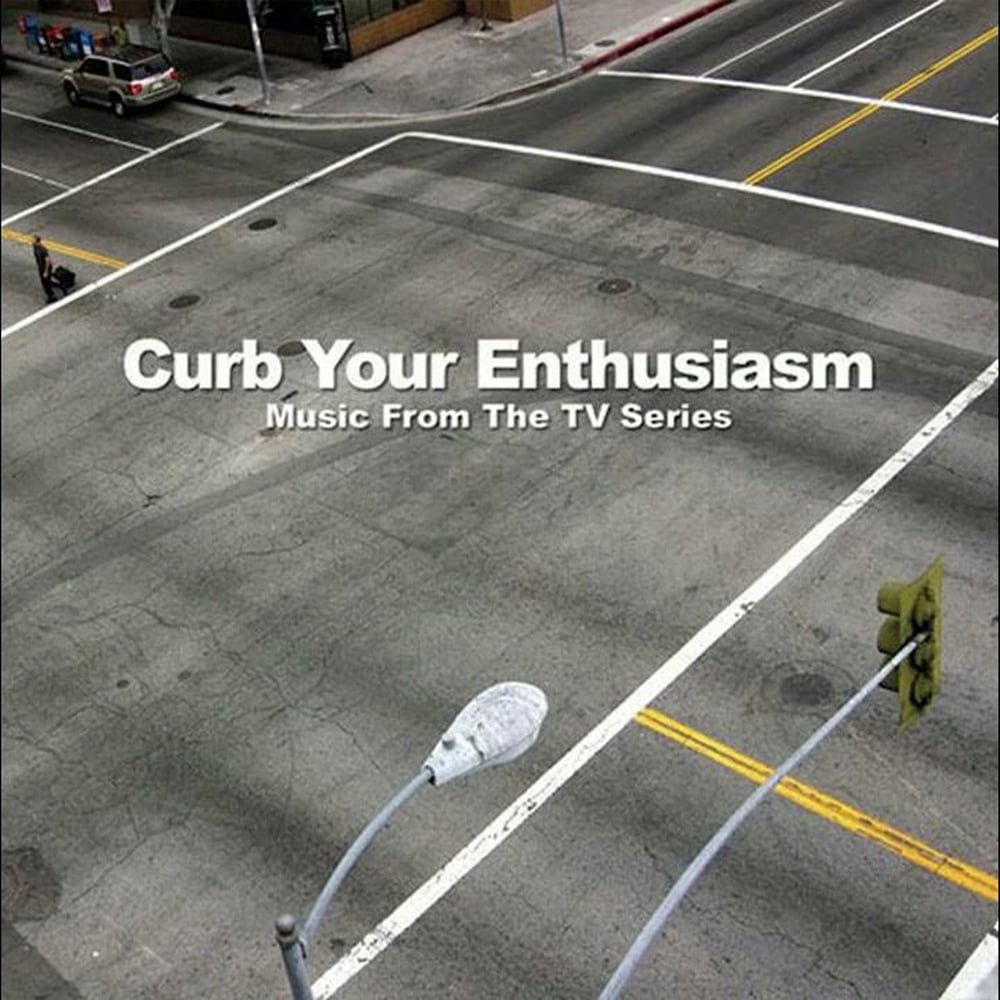
It didn’t seem likely that comedian and writer Larry David would top his 1990s phenomenon Seinfeld. Yet, casting himself at the centre of a fictionalised version of his world and the mishaps he encounters wrought from his social ineptitude, petty grievances, and fantastic ability to unwittingly create enemies.
First aired on HBO in 1999, Curb Your Enthusiasm met with critical triumph, forging a place in TV comedy stature that eclipsed his previous NBC mega-hit.
Among Curb Your Enthusiasm’s litany of playful Italian orchestral backing numbers, the decision to select Luciano Michelini’s ‘Frolic’ instrumental was a stroke of genius on Sanders’ part. Originally composed for 1974’s La bellissima estate melodrama, the sprightly skip of circus bossa nova languished for years in Universal’s music library before its use on a banking commercial pricked Sanders’ ears. It proved to be the perfect motif for Sanders’ eternal bad luck, finding larger life online as a meme punchline to anyone’s spectacular lapse into hilarious catastrophe.
The Banana Splits Adventure Hour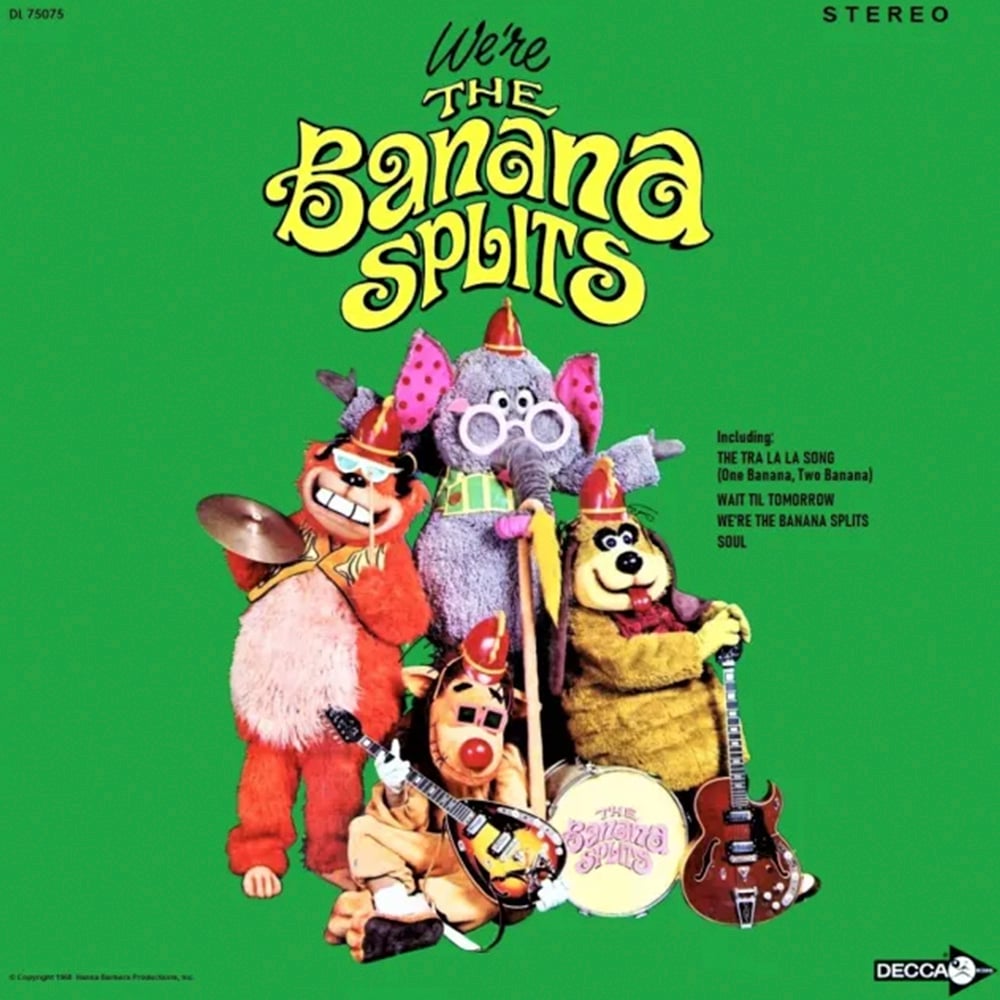
For two years across 1968-’70, American children were treated every Saturday morning to NBC’s The Banana Splits Adventure Hour. Developed by Hanna-Barbera and soaking up some of the more innocent ends of psychedelia and garage stomp, Fleegle, Bingo, Drooper, and Snorky were a groovy and very far-out furry animal band that played in a rock band around live-action escapades and animated buffers.
And they boasted a cracking repertoire of tunes. Alongside genuinely decent numbers like ‘Wait Til Tomorrow’ and ’I’m Gonna Find a Cave’, ‘The Tra La La Song (One Banana, Two Banana)’ is impossible not to like, a joyous, kaleidoscopic twirl of sugary fun that infectiously connects with the inner child in all of us. While there are disputes as to its authorship, credited to the show’s musical directors, Mark Barkan and Ritchie Adams, Terence Winkless, who played Bingo, has always stated his jingle writer father, NB Jr, is responsible for the children’s classic.
Cropping up once again, Saturday Morning: Cartoons’ Greatest Hits features Liz Phair’s take on ‘The Tra La La Song (One Banana, Two Banana)’, and The Dickies would later cut a sped-up punk version in 1979.
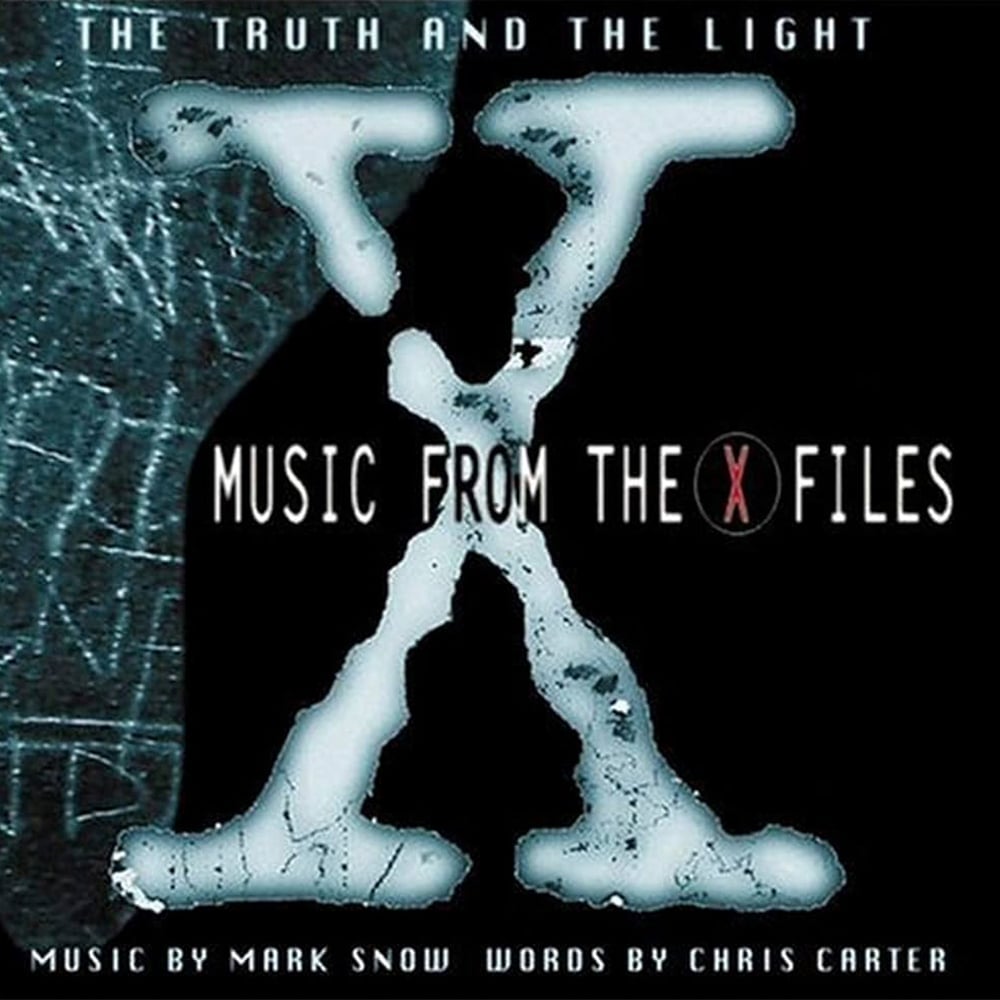
Whatever was in the air, shadowy government forces and conspiratorial cover-ups seemed to strike a chord in the 1990s’ TV land. First aired in 1993, Fox’s The X-Files would explode as one of the decade’s premier shows, rivalled only by The Simpsons. Detailing the investigations conducted by the supernaturalist Fox Mulder and rational sceptic Dana Scully, the duo explores the spooky and alien goings on as part of the FBI’s titular X-Files unit.
Weaving a grand, extraterrestrial mythos as well as featuring some excellent ‘monster of the week’ episodes, The X-Files gave fans plenty to chew over during its initial nine-season tenure, and later feature film and series resurrections.
As well as its innovative opening visuals, Mark Snow’s eerie instrumental theme embedded itself into the popular consciousness. Wrapped in plasmic synths and ethereal atmosphere with just the right amount of hokey whistle fun, ‘The X-Files’ would stand tall alongside The Twilight Zone as a canonical cut of sci-fi beckon to some of TV’s most strange and creepy realms.
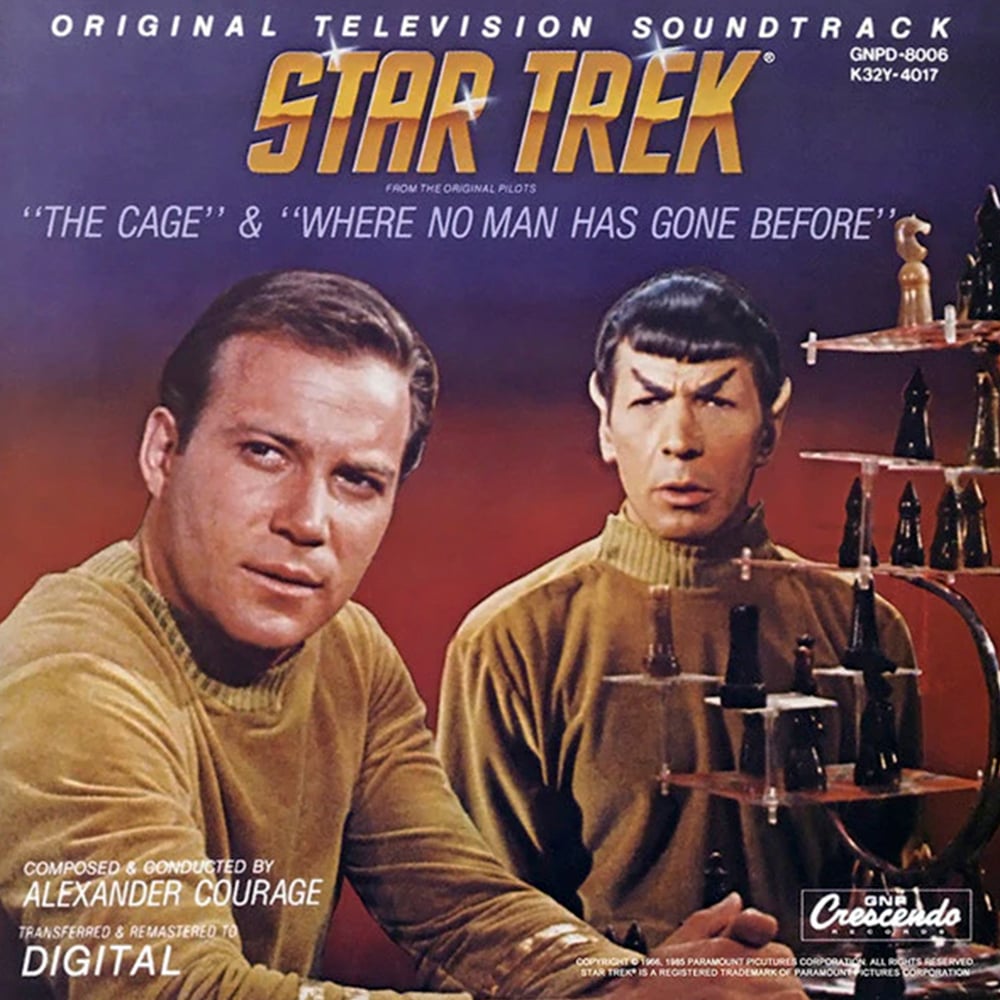
Launching a sci-fi phenomenon rivalled only by George Lucas’ lightsaber-wielding saga, Gene Roddenberry couldn’t have predicted just what a franchise his Star Trek concept would balloon to.
First introducing the world to the USS Enterprise’s Captain Kirk and half-Vulcan science officer Spock by NBC in 1967, each week would see all manner of adventure on beamed-down planets, acting as noble intermediaries between warring species, and Kirk typically seducing a different alien woman every week.
Followed by the iconic ‘Where No Man Has Gone Before’ opening spiel from Kirk actor William Shatner, Alexander Courage’s wide-eyed and lush score captures everything utopian and exciting about the original Star Trek series, evoking the spirit of the old Buck Rogers serials while also glittering with a modernist sheen illustrating the subtle themes of humanity’s diverse and trans-national crew working together in the pursuit of galactic exploration and endeavour.
Captain Scarlet and the Mysterons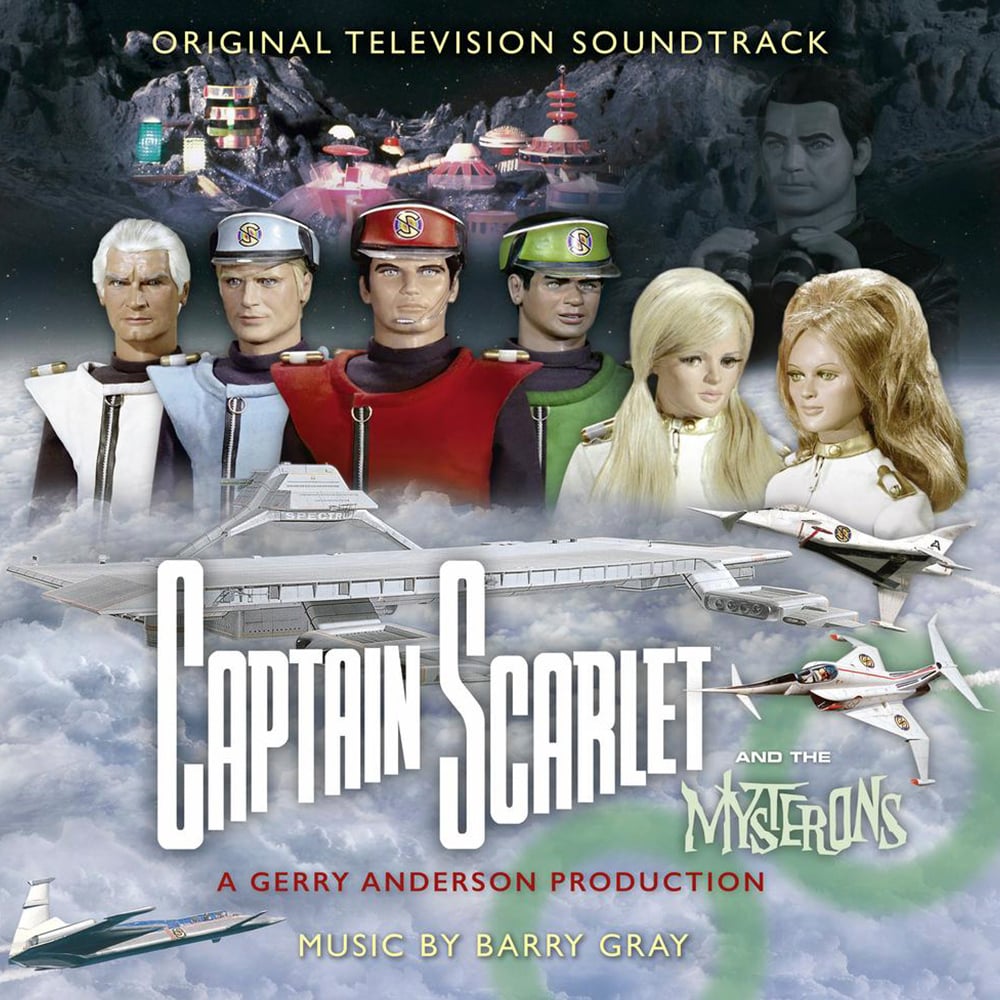
British TV producers Gerry and Sylvia Anderson were already five ‘Supermarionation’ programmes in when they struck upon their greatest puppet series. With Stingray and Thunderbirds behind them, the couple sought to craft a more realistic cast of marionette dolls for 1967’s Captain Scarlet and the Mysterons, reaching for a slightly darker and more intense sci-fi thriller.
Depicting the titular far-future agent’s counter efforts against the invisible Mysteron Martians, Captain Scarlet’s uncanny healing powers wrought from alien energy made him a worthy foe every week against the sinister extraterrestrial forces.
A long-term composer of the Andersons’ Century 21 Productions, Barry Gray curiously opens the show with the eldritch ‘The Mysterons’ numbers, but it’s the ‘Captain Scarlet’ theme over the end credits which stands as the show’s main number, a groovy brass bluster with big band rock flourish and smattered with ondes Martenot electronic whines and innovative vocal effects.
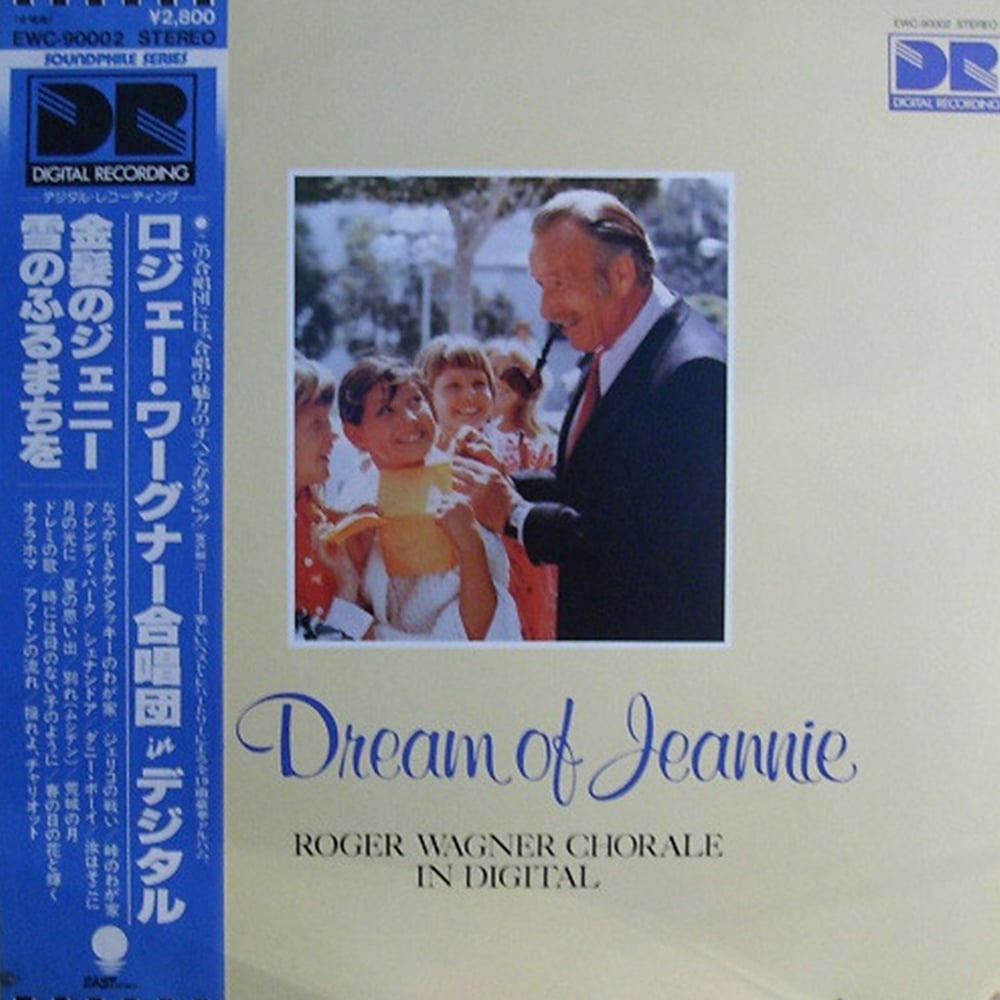
Having scored a major hit with ABC’s Bewitched, series creator Sidney Sheldon swapped witches for genies and dreamed up the frothy romantic comedy of I Dream of Jeannie for NBC.
Starring Barbara Eden and Larry Hagman, astronaut Tony Nelson uncovers an exotic bottle on a South Pacific island and uncovers the 2,000-year-old titular genie from Basenji. Cue scrapes and comedic clashes as Nelson tries to hide his new genie companion from his US Air Force boss and peers.
Buoyed with an effervescent waltz, Richard Wess’ original jazz instrumental captures the ditzy charm of Jeannie’s devoted but accident-prone interventions in Nelson’s life, perfectly evoking the era’s swinging style of the day. Resurrected for the late 1980s, ‘Jeannie’ would later be sampled by DJ Jazzy Jeff and the Fresh Prince’s ‘Girls Ain’t Nothing but Trouble’ from their debut Rock the House.
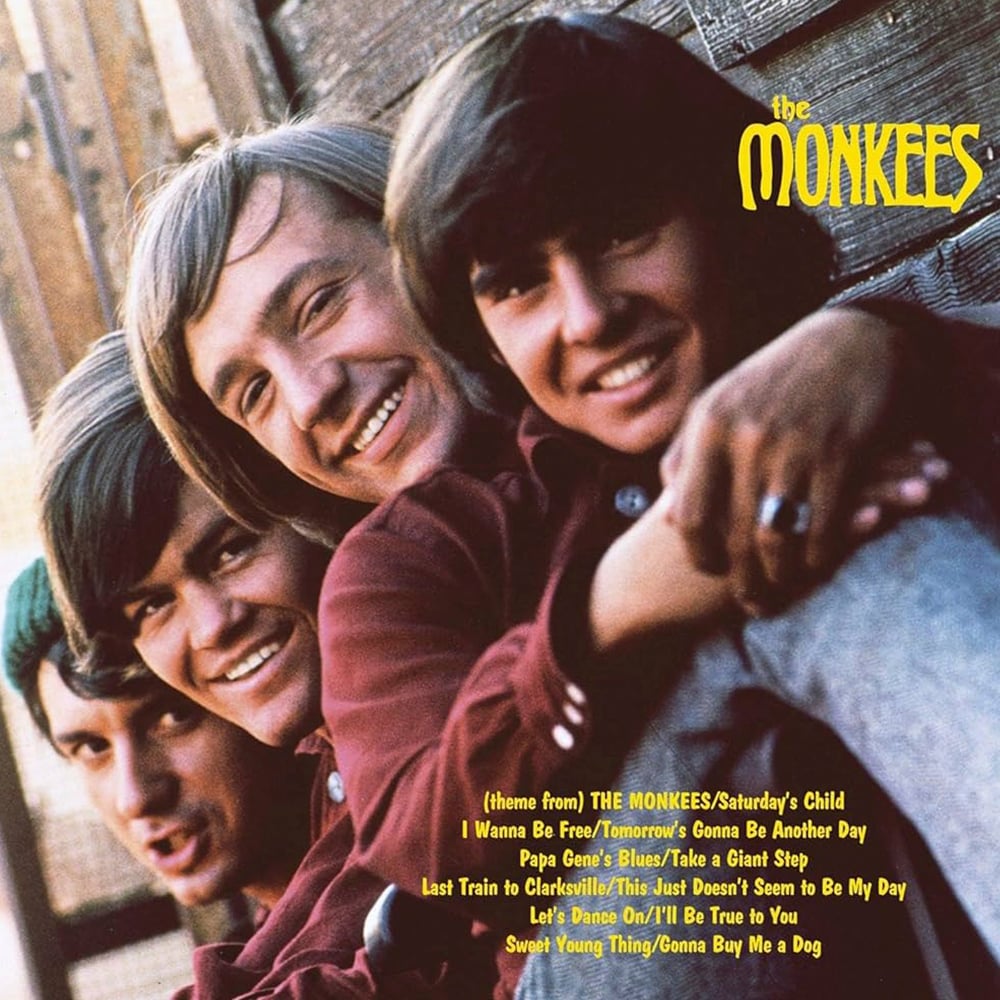
For a manufactured band, The Monkees had some fantastic songs under their belt. Created by Bob Rafelson and Bert Schneider as a US version of The Beatles’ A Hard Day’s Night, 1966’s NBC show followed the pop rock band as they eagerly attempted to enter the music industry and seek stardom.
Starting life as a little more than a poster boy band, by the decade’s end, they’d truly deep dived into the counterculture, dropping the not bad at all Pisces, Aquarius, Capricorn & Jones Ltd record, and appearing in Jack Nicholson’s cult satire Head movie.
But back when they were adorned on lunchboxes, frontman Micky Dolenz was crooning to ‘(Theme From) The Monkees’, a perfectly giddy whip of jaunty beat rock that unveils a world of 1960s pop not too far away from The Banana Splits’ sunny tomfoolery. Written by the Boyce and Hart popsmith duo, their theme to The Monkees TV show sparked a rock pop gang that ended up scoring the decade as deeply as anybody from Woodstock’s billing.

